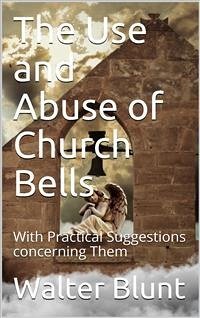
The Use and Abuse of Church Bells / With Practical Suggestions concerning Them (eBook, PDF)
Sofort per Download lieferbar
1,99 €
inkl. MwSt.

PAYBACK Punkte
0 °P sammeln!
Walter Blunt was born in 1809 in Woodford, Essex, son of John Blunt, a wealthy merchant. He was educated at Charterhouse School and Caius College, Cambridge, ordained deacon in 1838, and ordained priest in Gloucester Cathedral in 1840. In 1844 he moved south west to take up a position as curate of Helston, Cornwall. His curacy there was short but colourful. He fell out big time with the congregation and churchwardens over his introduction of "Oxford Movement" practices into the liturgy of Helston. The wardens made a formal complaint to the Bishop of Exeter, alleging, inter alia, that...
Walter Blunt was born in 1809 in Woodford, Essex, son of John Blunt, a wealthy merchant. He was educated at Charterhouse School and Caius College, Cambridge, ordained deacon in 1838, and ordained priest in Gloucester Cathedral in 1840.
In 1844 he moved south west to take up a position as curate of Helston, Cornwall. His curacy there was short but colourful. He fell out big time with the congregation and churchwardens over his introduction of "Oxford Movement" practices into the liturgy of Helston.
The wardens made a formal complaint to the Bishop of Exeter, alleging, inter alia, that Blunt had worn his surplice in the pulpit, and failed to use a prayer before or after the sermon.
In October 1844, the Lord Bishop held a commission of enquiry into Blunt's behaviour, including allegations that he had refused to bury the corpse of a young man because he had been baptised "only" by a Wesleyan minister, and that he had refused to give the sacrament to a dying man because his baptism had been by a Roman Catholic priest. Clearly Blunt was a man of principle, disinclined to let human compassion get in the way of religious dogma.
The Bishop's conclusions were a bit of a fudge: that Blunt was right to follow the canons and rubrics of the Book of Common Prayer, but that he'd gone over the top here and there. All parties should pray together, forgive and seek forgiveness. Prayer notwithstanding, Blunt's position at Helston had become untenable, and he resigned the curacy.
Whilst he was thus "between jobs", he wrote the little book available for download here, The Use and Abuse of the Church Bells, published in 1846. As one might expect, it is a dogmatic, ultra belfry-reformist dissertation against any non-religious use of church bells, taking a similar line to Rev. H. T. Ellacombe following on from the ideas of Rev. S. Beaufoy a few decades earlier.
Walter Blunt was inducted as Rector of Bicknor, Kent in 1858. Whether he had softened his approach by then, or whether the congregation there was more accommodating to his ways, we cannot tell, but he stayed there until shortly before his death.
In 1844 he moved south west to take up a position as curate of Helston, Cornwall. His curacy there was short but colourful. He fell out big time with the congregation and churchwardens over his introduction of "Oxford Movement" practices into the liturgy of Helston.
The wardens made a formal complaint to the Bishop of Exeter, alleging, inter alia, that Blunt had worn his surplice in the pulpit, and failed to use a prayer before or after the sermon.
In October 1844, the Lord Bishop held a commission of enquiry into Blunt's behaviour, including allegations that he had refused to bury the corpse of a young man because he had been baptised "only" by a Wesleyan minister, and that he had refused to give the sacrament to a dying man because his baptism had been by a Roman Catholic priest. Clearly Blunt was a man of principle, disinclined to let human compassion get in the way of religious dogma.
The Bishop's conclusions were a bit of a fudge: that Blunt was right to follow the canons and rubrics of the Book of Common Prayer, but that he'd gone over the top here and there. All parties should pray together, forgive and seek forgiveness. Prayer notwithstanding, Blunt's position at Helston had become untenable, and he resigned the curacy.
Whilst he was thus "between jobs", he wrote the little book available for download here, The Use and Abuse of the Church Bells, published in 1846. As one might expect, it is a dogmatic, ultra belfry-reformist dissertation against any non-religious use of church bells, taking a similar line to Rev. H. T. Ellacombe following on from the ideas of Rev. S. Beaufoy a few decades earlier.
Walter Blunt was inducted as Rector of Bicknor, Kent in 1858. Whether he had softened his approach by then, or whether the congregation there was more accommodating to his ways, we cannot tell, but he stayed there until shortly before his death.



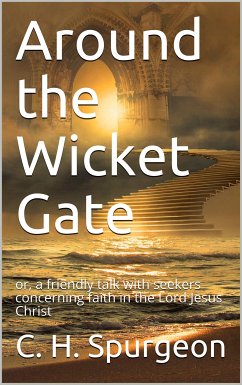

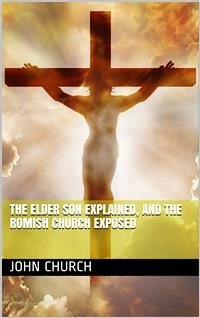
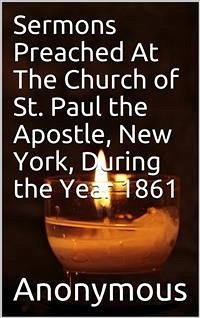
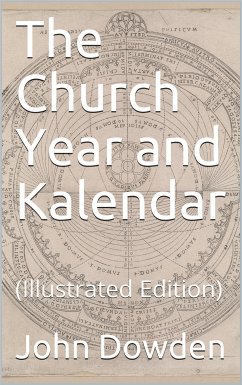
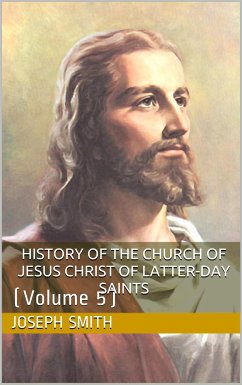
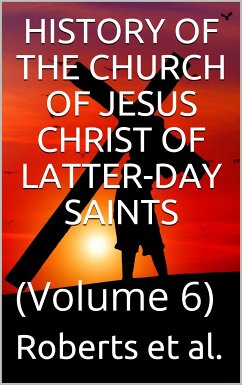
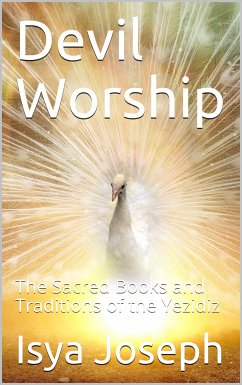
![The Voice of Faith in the Valley of Achor: Vol. 1 [of 2] / being a series of letters to several friends on religious subjects (eBook, PDF) Cover The Voice of Faith in the Valley of Achor: Vol. 1 [of 2] / being a series of letters to several friends on religious subjects (eBook, PDF)](https://bilder.buecher.de/produkte/54/54912/54912143n.jpg)
